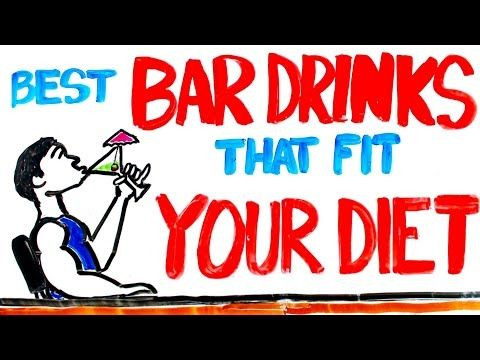Hard Liquor, Beer, or Wine: Which Alcoholic Drinks Are Healthiest?

St. Patrick's Day is approaching, and in the meantime, party night looms. As you belly up to the bar do you ever find yourself wondering, "How can I make this healthier?"
The very first thing you can do is simply recognize alcohol (or ethanol) is a drug, specifically a central nervous system depressant, so the less of it you drink the better. Obviously we'd all like to pretend otherwise, but the National Institutes of Health spells it out in plain English: drinking alcohol increases the risk of liver disease as well as cancers of the mouth, esophagus, pharynx, larynx, liver, and breast. Then again there's "moderate" drinking, which some scientists (but not all) believe is beneficial, even capable of decreasing risk of heart disease. Moderation amounts to just one drink per day for women and up to two drinks per day for men. Though you might want to argue this point — citing body weight, individual physiology, metabolism, and the lack of precision behind the one-drink,/two-drinks ruling — don't argue, just accept. This is your health we're talking about and if drinking more means you're risking disease, isn't it best to stay within these limits?
The focus of the video suggests calorie count is a key consideration to drinking smart, but another important matter is the possible impact of everything else contained in an alcoholic beverage. Wine, for example, has antioxidants in the form of resveratrol, beer contains B vitamins from the yeast, and many mixed drinks are made with fresh citrus juice packed with vitamin C. While positives, these nutritional benefits are simply not substantial enough to counteract the impact of alcohol. On the other hand, food and water before, during, and after drinking will at least prevent you from getting too drunk, too fast. And ultimately, keeping your wits about you is the healthiest decision of all.
For more information, watch the video.



























